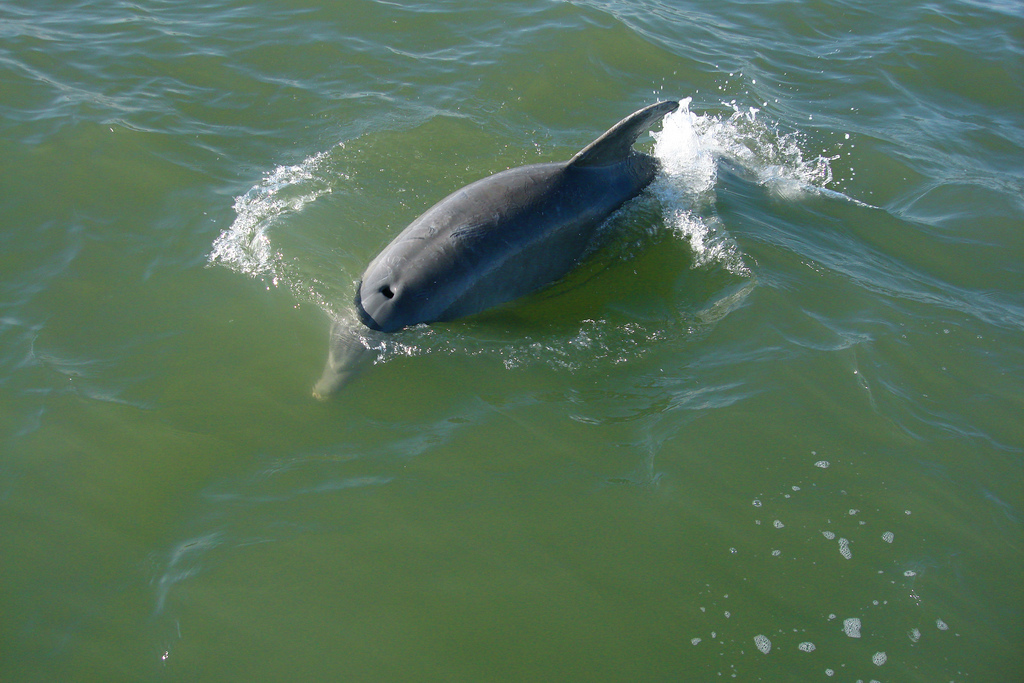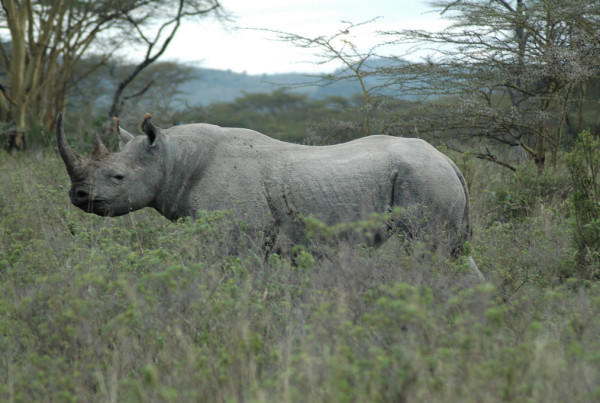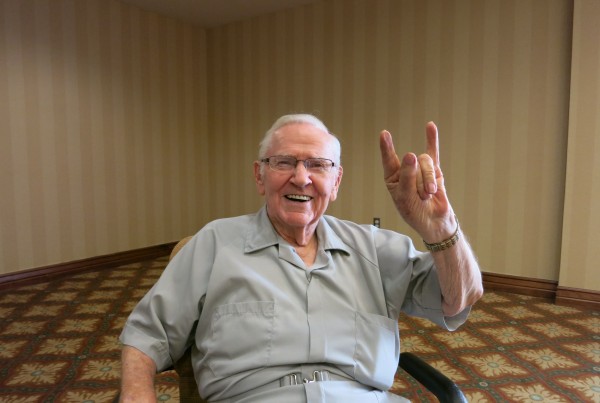This story originally appeared on Houston Public Media.
In the summer of 2010, scientists who witnessed it say it was a pitiful site: Dolphins along the central Louisiana Coast, struggling to breath and then stranding themselves on beaches where they died. But what exactly killed them?
An obvious suspect was the BP oil spill that from April to July of that year gushed millions of gallons of crude oil into the Gulf’s waters from the Deepwater Horizon drilling rig.
“Dolphins were swimming in the oil,” said scientist Stephanie Venn-Watson. Watson works with the National Oceanic and Atmospheric Administration on its damage assessment of the BP spill.
“Increased deaths occurred in areas most heavily oiled by the Deepwater Horizon oil spill,” Venn-Watson said, as she and two other scientists talked with reporters.
They said their study of 46 dead dolphins revealed lung damage that they linked to how dolphins breathe by inhaling air just above the water’s surface.
“Where oil fumes would be the most concentrated and where there’s a good chance of inhaling oil itself,” said Venn-Watson.
But BP said this latest study doesn’t prove their oil killed dolphins.
In a statement emailed to us the company said, “… numerous studies conducted over the last several decades have shown that respiratory illness … is among the most common causes of death for bottlenose dolphins, including a study where half of the dolphins examined had pneumonia.”
But the scientists who did this latest study for the federal government said dolphins showed highly unusual internal damage inconsistent with infections.
So we asked scientist Venn-Watson, given these latest findings, does she believe it puts those arguments to rest?
“In our minds, using the evidence to date, yes,” said Venn-Watson.














